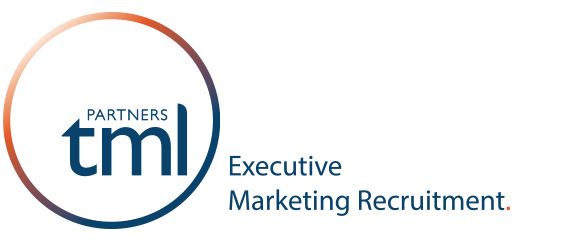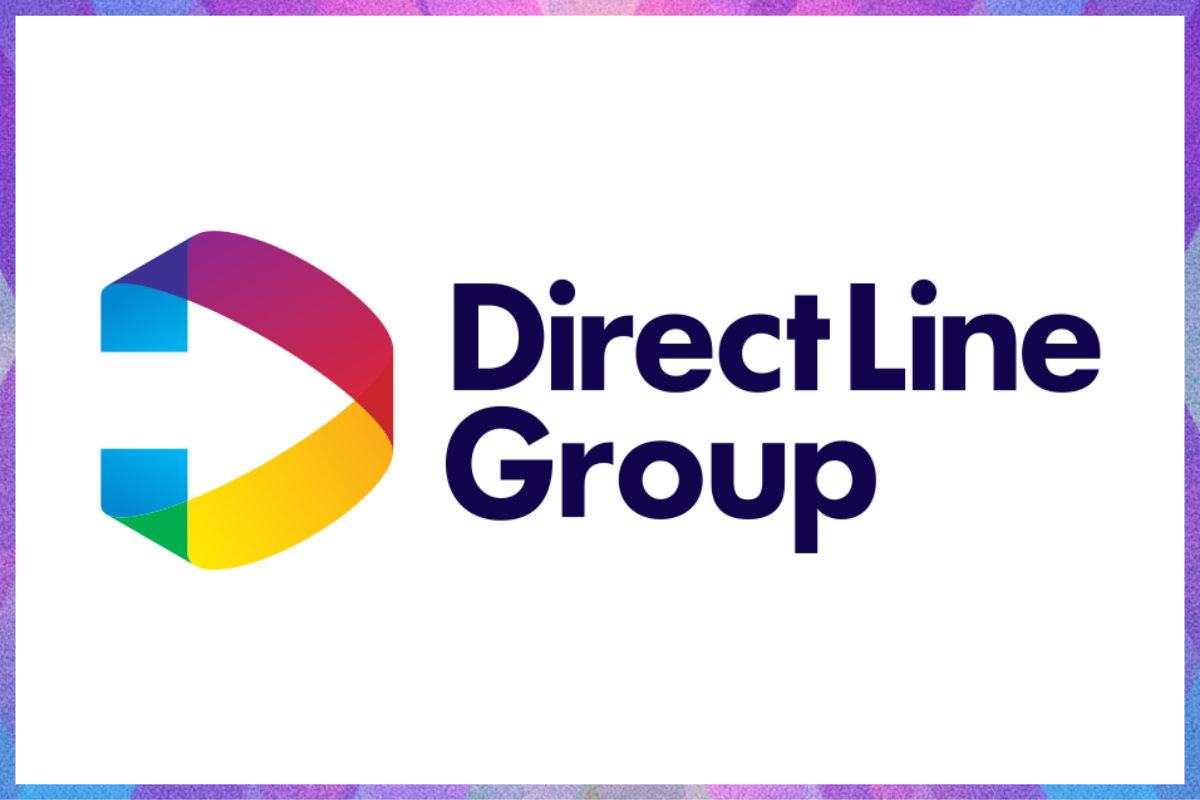Brands and brand reputation can be a fragile thing; in the age of the conscious consumer, brands need to tread carefully. As Alex Gordon states in his article on brands in a crisis of trust, “the fact is, people are beginning to lose faith in institutions that were once beacons of trust and reliability”. And, as socio-political climates intensify around topics such as diversity – people are turning to brands to make changes. One of the most significant differences between Millennials and Generation Z is younger audiences’ interrogation of claims of brand purpose.
In one of our recent round-table series, managing reputations across sectors, we touched on the importance of brand reputation. Mark Hooper, Corporate Communications Director at Visa, mentioned that we should be embedding reputation in everything so that it’s everyone’s concern”. We can no longer be wedded to one way of thinking about our brand.
Strong brand diversity and identity is a real concern for tomorrow’s marketing leaders. Get it right, and you could be seen as a brand to aspire to, get it wrong, and you could see yourself as the centre of a PR storm. We have to come to terms with the fact the people care more about brands, and that the connection they feel goes further than money or price tags. So, how, as marketing leaders, can we make sure our brand champions diversity?
Poor Diversity Choices
As Olga Egorsheva points out in her article on the importance of diversity in marketing, there is a real power in marketing and advertising. Successful campaigns can change trends and have a direct influence over people.
As of 2016, only 37 per cent of people featured in commercials were women, and 19 per cent were minorities. This is, believe it or not, a vast improvement on statistics from the past. The issue is, while brands are technically becoming more diverse within their advertising campaigns, they are still making ill-informed diversity choices; this in itself negates from their authenticity.
“Minority groups are often either absent from the media environment – or used as shorthand stereotypes: from submissive Muslim women to a promiscuous and flamboyant LGBTQ community, to disabled people perpetually facing hardship and living on benefits.” Notes Andrew Monu, in his article on the need for more diverse companies. Brands are still struggling to give authentic character and voices to these members of society. And when brands are targeting global markets, it only makes sense that they should represent the diversity that term ‘global’ coincides with. This is a challenge that faces many marketing leaders and their businesses.
We Still Need More Diverse Businesses
Businesses need a greater range of ethnic groups, disabilities, genders and sexualities within their workforce, marketing campaigns, and advertising. These diversity aims need to be reflected within brand positioning.
Advertising can give the false illusion of brand diversity; and in some cases, marketers can persuade themselves that by upholding a vision of diversity, they, in turn, are diverse. This couldn’t be further from the truth.
For example, in the UK (in 2018) there were just 30 women in full-time executive roles at FTSE 250 firms, down from 38 in 2017 – amounting to 6.4% of the total. In America, Women hold less than 5% of CEO positions. Statistics provided by Workforce, show that 84 per cent of management positions are held by white persons, while there is a 16 per cent share of these positions for black, Latino and Asian persons. That statistic only rises to 22 per cent over the entire workforce. These statistics alone show that while companies are making strides forwards, there is a long way to go; from analyst level right through to c-suite. We still need more diverse businesses.
As marketing leaders, we need to be careful that we are not representing our businesses as something they are not. We need to be very conscious of the poor reflection it might have on our brand perception if this is found to be the case.
Transformative Brands
Some companies are doing some fantastic things in terms of brand diversity. Papa Johns, for example, have shown just how vital brand belief and values are in the face of adversity. In 2018, their founder and former chairman John Schnatter was publicly dismissed from the brand (and, subsequently all of Papa Johns marketing) following his use of the N-word and other racially insensitive comments on a call in May of that year.
Instead of burying their heads and accepting that damage to the longstanding brand had already been done, Papa Johns used this moment of adversity to show their brand purpose, unity and diversity. Melissa Richards-Person, VP of global brand strategy for Papa Johns championed “this is a brand of the many and for the many. Not of one.” And, they changed focus. From a brand whose figurehead was very much that of John Schnatter, their “Voices” campaign focused on the amazing diversity they have within their company. It focused on pizza makers, delivery drivers and store managers – showcasing much better the company’s diversity and unity.
Other brands have found leverage in their earlier lack of diversity. P&G had a short film commissioned by their brand content company, Great Big Story. The film focused around LGBTQ rights – but the film began during a time where this community was not at all present within the P&G brand or business. The content shows authenticity because P&G showcase the journey the brand has had to go on to get to the level of acceptance and diversity it holds today.
These transformative brands show us that we must continue to seek further diversification – but only through authentic routes that resonate with our brand.
Marketing Leaders Have a Responsibility for Brand Diversity and Authenticity
The task is not an easy one, but it is an important one. It falls to those at the helm of brands to make the right decisions. Marketing decisions must be made with the company’s diversity goals at their core. Brand diversity, either within the business workforce, or the branded content, should be informing our strategies.
If you are looking for a leading marketer to take your business to the next level, get in touch with us today.
tml Partners is the UK’s leading marketing recruitment agency.




